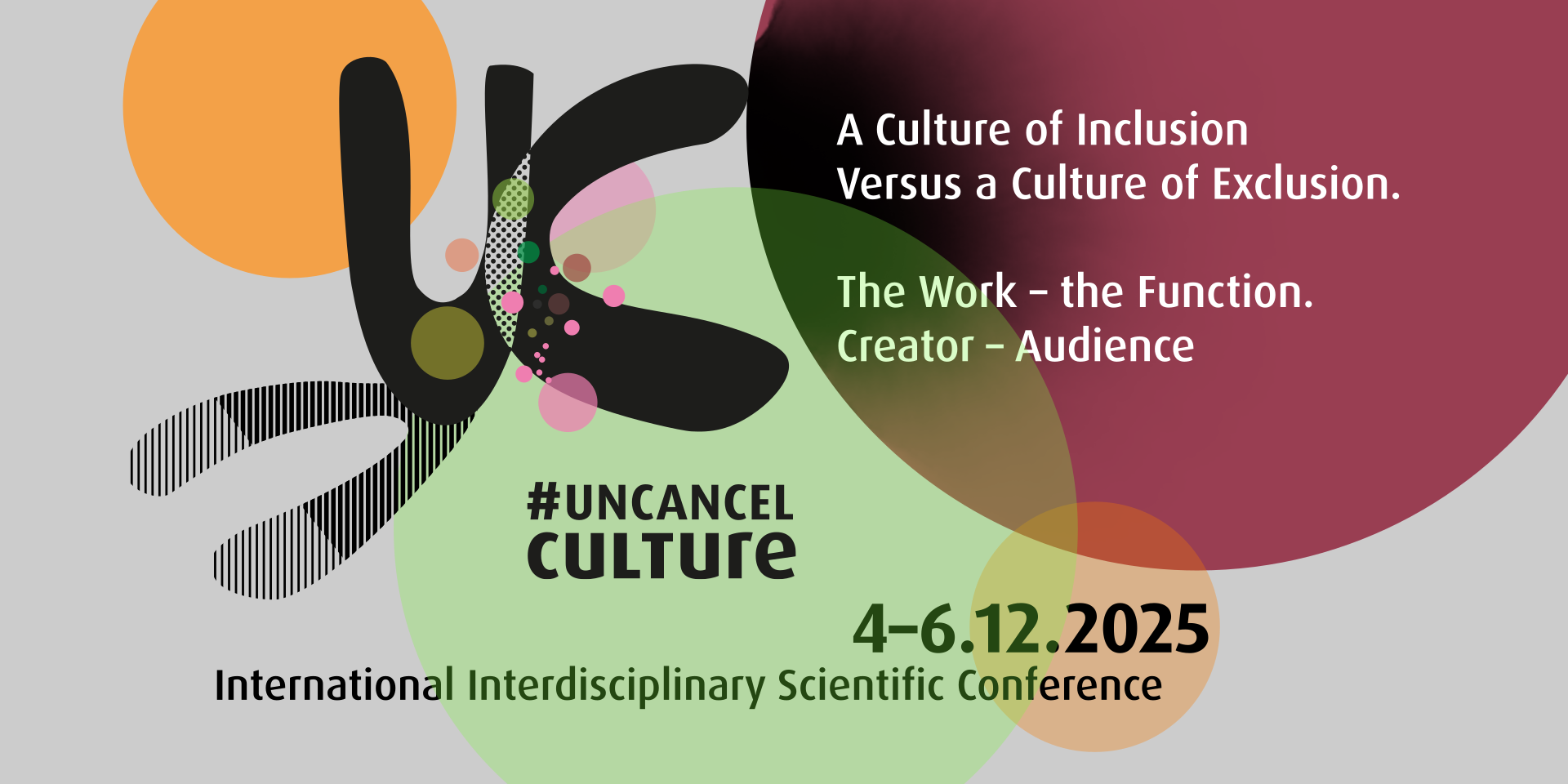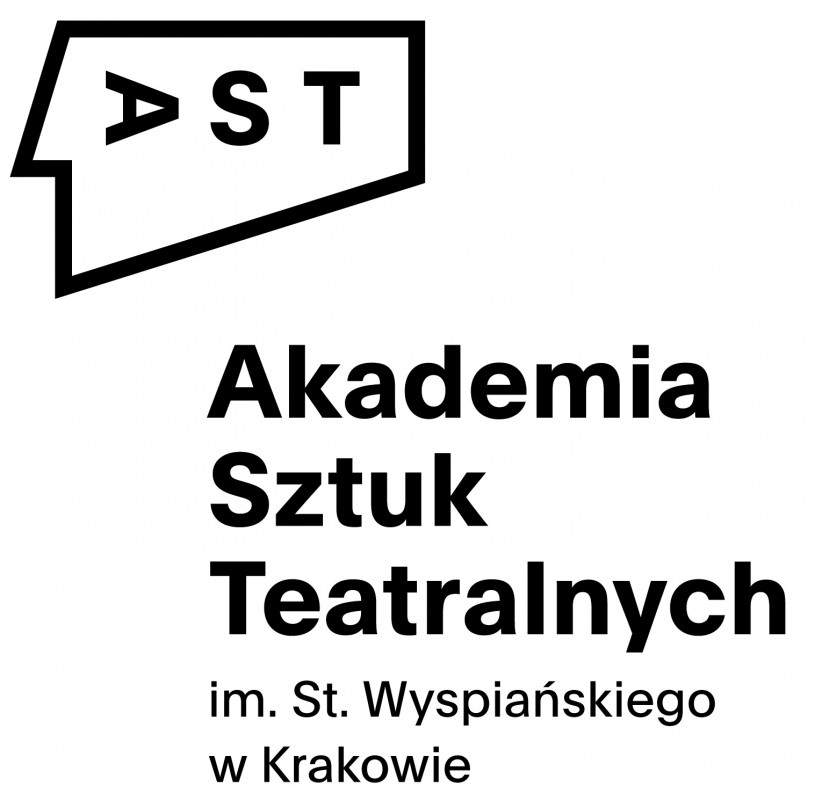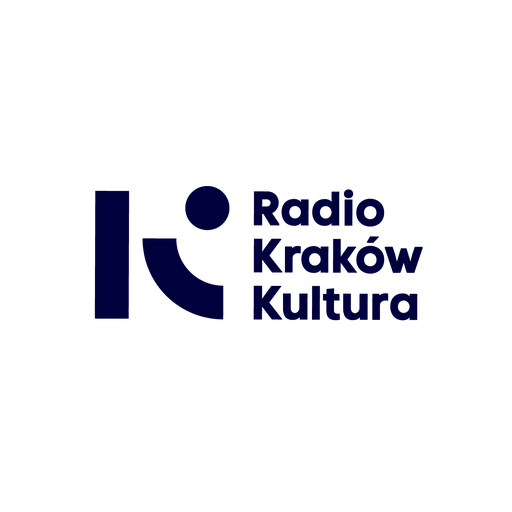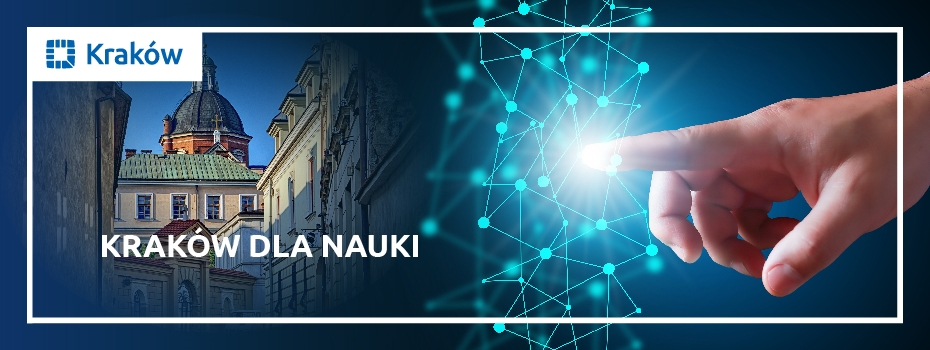

The Krzysztof Penderecki Academy of Music in Krakow is one of the oldestacademies of the arts in Poland. It has been training new generations ofmusicians since 1888: instrumentalists, singers, conductors, composers,theorists, church musicians and music educators. Above all else, it inspires andsets out unconventional, original paths of artistic development, underscored bythe genius loci of Krakow itself.
Today, the Krzysztof Penderecki Academy of Music in Krakow offers majorsin three faculties: I – Composition, Interpretation and Music Education,II – Instrumental and III – Voice and Drama, and also runs a doctoral programmefor PhD students. Thanks to an individual approach to teaching, which hasyielded excellent results, students and graduates find their talents are regularlyrecognized by competition juries, winning numerous awards and prizes.The AMKP is also active at the international level, collaborating with academiesand schools of music from almost all over the world.
The seat of the Academy, located in the very centre of Krakow, is a place buzzingwith sound and energy. The Academy organizes many important and respectedartistic and academic events, including the International Flute Competition,the International Krzysztof Penderecki Cello Competition, the “Duettissimo”International Piano Duo Festival and Competition, the “Sources and Inspirations”International Percussion Festival, the Bach Days, Krakow Cello Spring, and theInternational Beethoven Symposiums. These events bring together talentedyoung musicians from all over the continent as well as outstanding artists,scholars and educators of world renown.
The AMKP works closely with many institutions, and has made a significantcontribution to the musical culture of Krakow, Poland and Europe. It has shownan unflagging commitment to preserving and passing on the world’s culturalheritage to future generations, in particular the achievements of composers,performers, researchers and educators associated with Poland and Krakow.The atmosphere of artistic freedom it cultivates, its respect for a multi-generational academic community as well as the spirit of modernity felt withinthe Academy’s walls help stimulate the creative imagination and inspire bothPhD candidates and students to set new directions and paths for the futureof music.
The Jan Matejko Academy of Fine Arts in Krakow (ASP), the oldest art university in Poland, has been operating since 1818, educating outstanding artists, designers and art theorists. It combines tradition with a modern approach to education and research, playing a key role in the development of Polish art and design and participating in international artistic and scientific discourse.
ASP organizes conferences, symposia and seminars, creating a space for the exchange of ideas between artists and researchers from home and abroad. It engages in interdisciplinary research projects, including art history, color theory, art conservation and modern technologies. Through international cooperation, students and faculty participate in academic exchanges and research projects on the world stage.
The academy explores modern media, interactivity and immersive art, emphasizing its impact on visual culture. It combines creative practice with research on aesthetics, perception and new forms of artistic expression. The employees of ASP publish research results in prestigious scientific journals, and the university actively participates in international networks.
Academic events organized by ASP enrich reflection on aesthetics, artistic values and cultural identity. The Academy is strengthening its position as a leading academic and creative center in Central Europe, offering a space for development and exchange of ideas between generations of artists, researchers and art consumers.
AST National Academy of Theatre Arts in Kraków has been educating actors of various specialties, directors and playwrights for nearly eighty years. The Academy's extensive list of graduates includes several thousand names of actors and directors well known to audiences in Poland and abroad. AST has its headquarters in Kraków and branches in Bytom and Wrocław.
Thanks to excellent teachers and educators - who are also theatre and film professionals with significant artistic achievements - AST continues to develop and improve the Polish formula of teaching the performing arts, which is based on deep cultural and literary traditions, while at the same time entering into a creative dialogue with the contemporary times and the latest trends in culture.
The Academy is an important place on the cultural map of the country. As part of the academy, the AST Theatre operates in Kraków, Wrocław and Bytom, which produces annual graduation plays that fully compete with those of professional theatres. Performances staged at the AST theatre include presentations based on well-known literary texts, as well as original works, musicals, puppet shows, and dance performances.
Our students learn to think independently and have the courage of creative exploration, they are given the opportunity to acquire a solid professional training, but also to continually broaden their horizons. Inspired by AST patron Stanisław Wyspiański's vision of theatre that transcends borders, they are present wherever art can find a platform for the exchange of experiences and the creation of ideas.
AST National Academy of Theatre Arts in Krakow is an intellectual academic community that, combines educational, artistic and social goals, in order to create a world where independent thinking, sensitivity and empathy are encouraged in order to spread knowledge and beauty.
AST's mission is to promote an attitude of responsibility for culture and to teach it these to future generations by creating ethical role models, respecting the established system of values and freedom of artistic and academic activity.
From the outset, inclusivity has been embedded in the Academy's strategy and mission. AST counters the culture of exclusion and promotes the notion of inclusion by creating a space for creative dialogue that is free from prejudice and aesthetic constraints. Its educational and artistic activities are based on openness to a diversity of forms and attitudes. Proof of the effectiveness of these actions can be seen in the generations of artists trained at AST who are changing the paradigm of Polish theatre.







